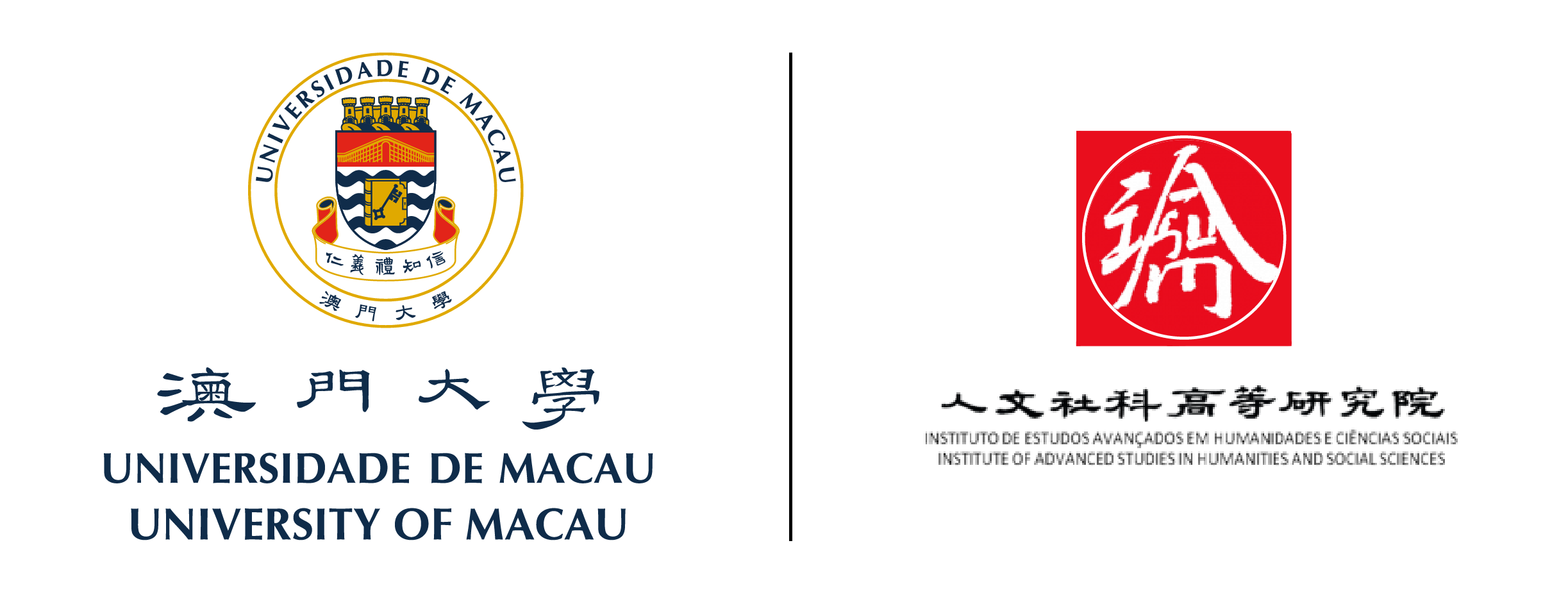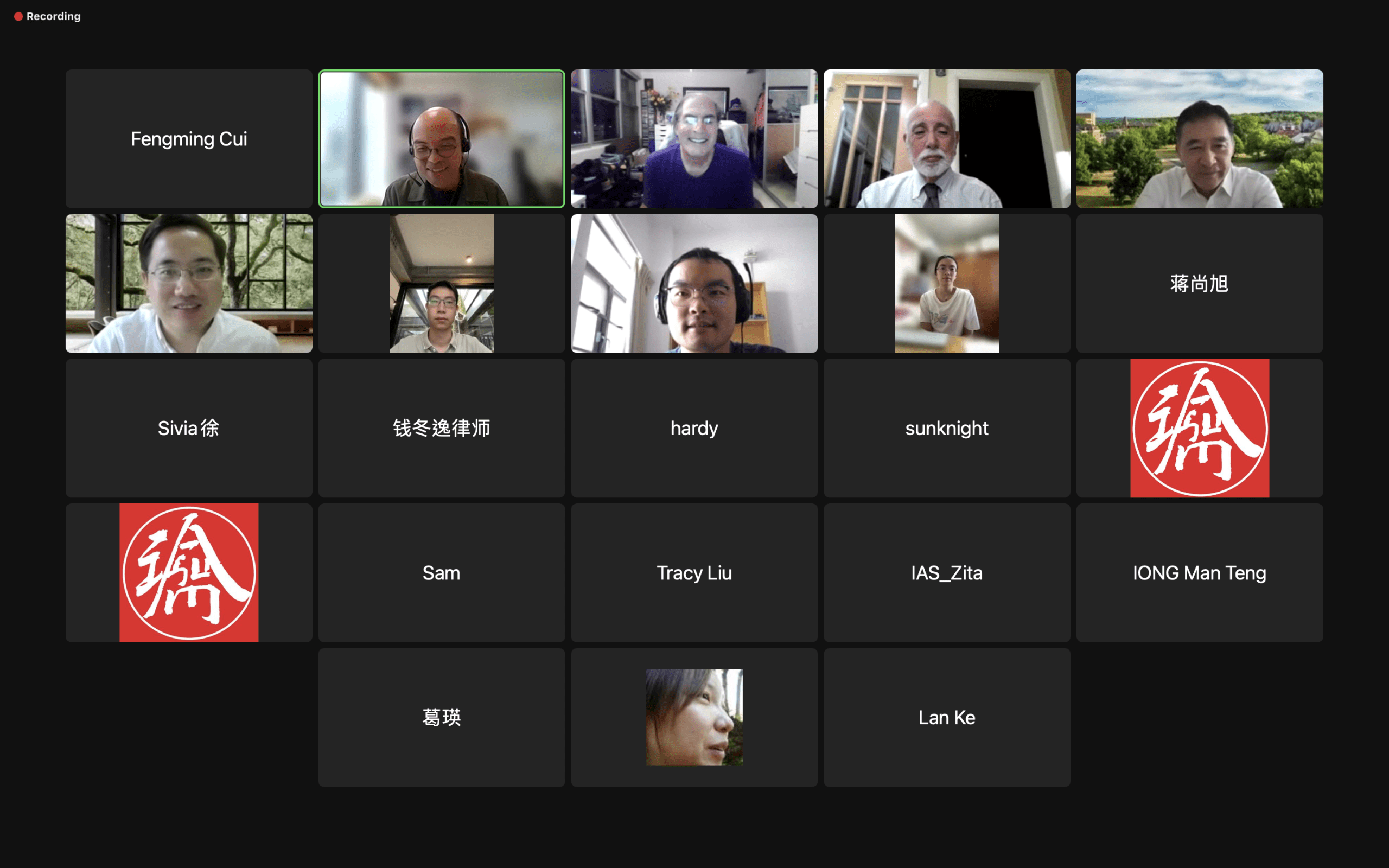
Event Summary
The Symposium on Therapeutic Jurisprudence, conducted via Zoom on September 28, 2023, was a significant academic event rooted in the principles of interdisciplinary exploration and a global perspective. Organized by the University of Macau, the Institute of Advanced Studies in Humanities and Social Sciences, the Faculty of Law, the Equality Rights Project and HKU Space Law, this symposium epitomized the university’s commitment to a global academic perspective rooted in Macau.
The symposium featured a distinguished lineup of speakers who delved into various aspects of therapeutic jurisprudence. The keynote speakers, Professor David Wexler and Professor Michael Perlin provided valuable insights into the origins and applications of therapeutic jurisprudence, especially in the context of mental health law in the United States. Their presentations highlighted the potential for therapeutic jurisprudence to reshape the legal landscape and prioritize therapeutic outcomes for individuals with mental disabilities.
In the panel session, Professor Richard Wu’s presentation on well-being in law school and practice underscored the critical need to address the unique challenges faced by law students and practitioners. He introduced mindfulness as a tool to enhance emotional and mental health in the legal profession, emphasizing the importance of self-compassion and awareness.
Peng Ding’s exploration of therapeutic jurisprudence for people with focused on shifting from traditional therapeutic approaches to a rights-based perspective. He highlighted the significance of the UN Convention on the Rights of Persons with Disabilities and the positive duties of states to ensure equal access to justice. His presentation discussed the evolving concept of therapeutic jurisprudence and emphasized the importance of inclusivity in the justice system.
Becky Leung’s research on the cumulative disadvantages faced by individuals with psychosocial disabilities in the Magistrates’ Courts of Hong Kong revealed significant disparities in the legal process. Her findings highlighted the urgent need for reforms to ensure equal treatment and support for individuals with disabilities in the criminal justice system.
Bo Chen’s comprehensive analysis of the implementation of mental health law in China, focusing on the reduction of restrictive measures in psychiatric facilities, provided critical insights into the challenges and opportunities within the Chinese legal system. His presentation emphasized the importance of clear policies, training, and a deeper understanding of mental health law to minimize restrictive measures.
Simon Ng’s presentation on access to justice for people with communicative disabilities brought attention to the challenges faced by this vulnerable group within the criminal justice system. His discussion of real-life cases illustrated the need for effective communication, procedural accommodations, and increased awareness within the legal process.
In his concluding remarks, Professor Xingzhong Yu expressed gratitude to all participants. He recognized the symposium’s significance as a starting point rather than an endpoint in the journey of therapeutic jurisprudence. Professor Yu highlighted the need for continued communication and collaboration in promoting therapeutic jurisprudence, especially in Asia, where awareness of the field is still limited.
The Symposium on Therapeutic Jurisprudence brought together scholars, practitioners, and students from diverse academic backgrounds and institutions, both locally and internationally. It provided a platform for insightful discussions on applying therapeutic jurisprudence principles to enhance well-being, promote inclusivity, and address systemic challenges within the legal system. The symposium’s success emphasized the importance of interdisciplinary approaches and international perspectives in advancing therapeutic jurisprudence.







